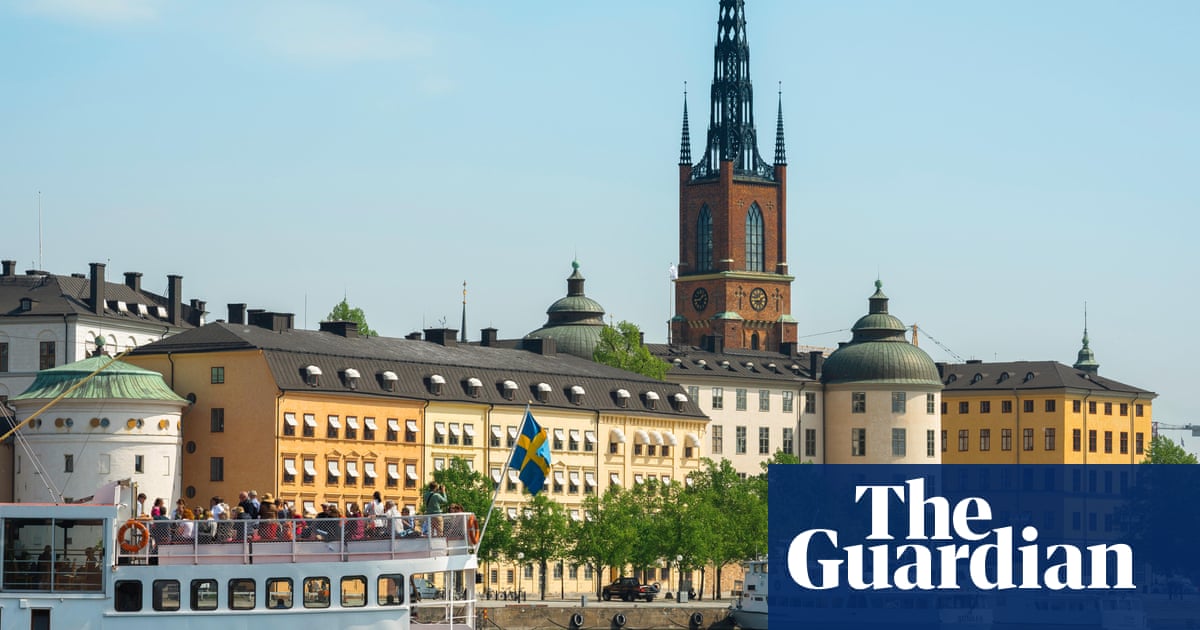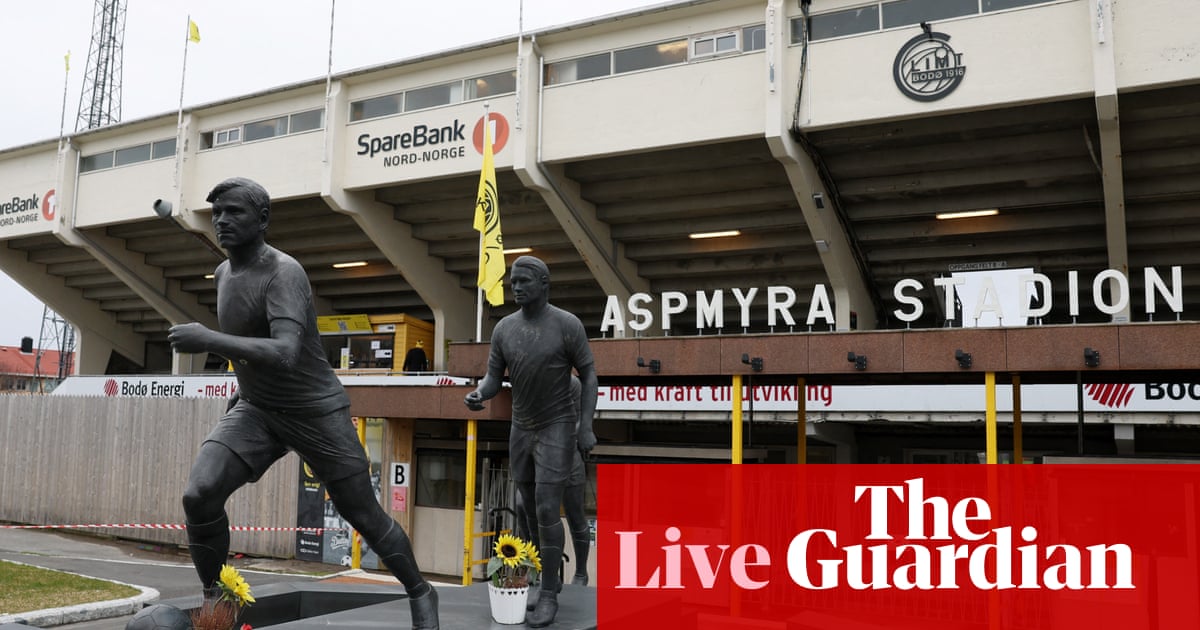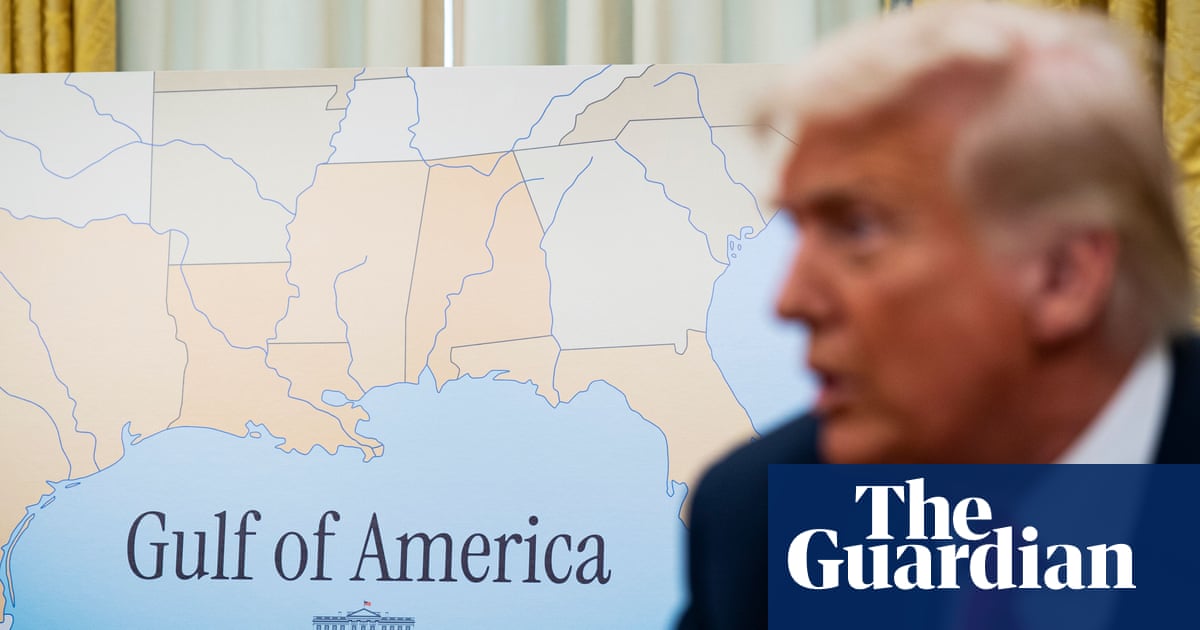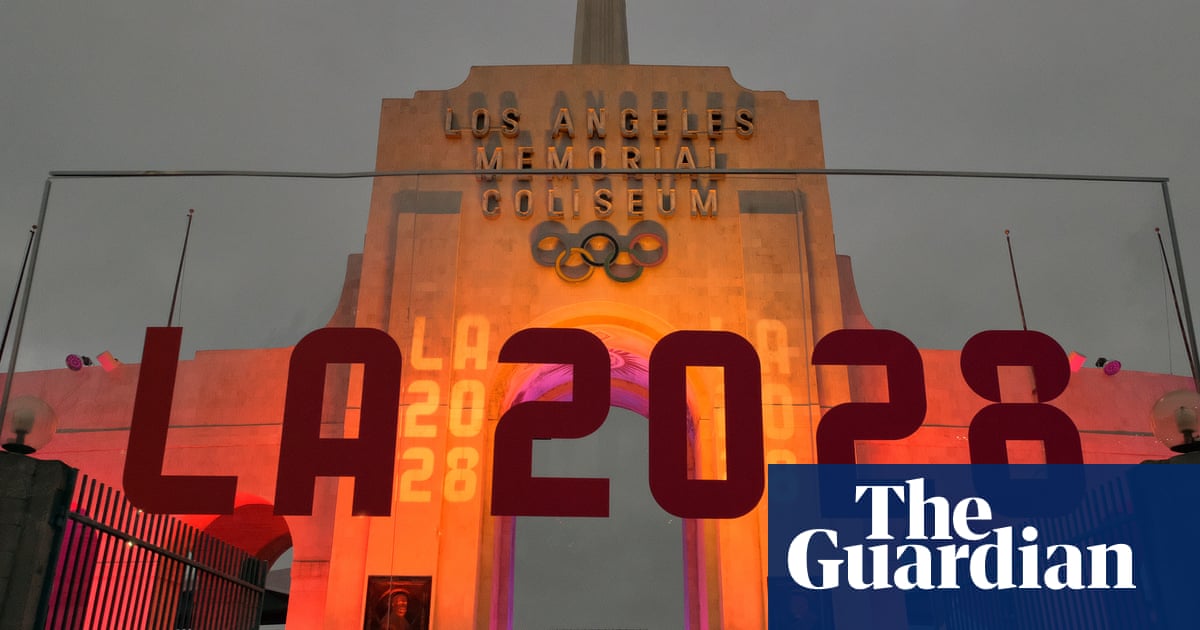British political debate around immigration has long been framed around three axiomatic beliefs: too many foreigners are coming, the explanation for that is incompetence by previous governments and the numbers can be brought down without economic cost.
Those assumptions are sure to be expressed in a government white paper due to be published later this month. The document has been in preparation since well before the local elections last week, but the way it is presented by ministers and received by media will be shaped by the strong performance of Reform UK in that ballot. Anti-immigration sentiment is not the only driver of support for Nigel Farage’s party, but it is his totemic theme.
Downing Street strategists hope to counter Mr Farage’s appeal with policies that signal attentiveness to public concern and promise more robust control over the nation’s borders. That could be expected to work if anti-immigration sentiment were simply correlated to statistical measures of net migration. The evidence suggests a more complex dynamic.
While many voters dislike high immigration, such sentiment is not always strongest in places where immigrants settle. Multi-ethnic London is not a hotbed of Reform support. The proportion of foreign-born residents in Lincolnshire, which elected a Reform mayor last week, is lower than the UK average.
Governments are pilloried when net migration figures go up, but rarely thanked when they come down again. For the year running up to last July’s general election, the number was 728,000, which was down from a record high of 906,000 in 2023. The Office for National Statistics expects a continued fall towards a plateau of about 315,000 by 2028. If public polling were index-linked to that data, concern about immigration (and support for Mr Farage) would be in decline. It isn’t.
That doesn’t mean voter concerns are manufactured by media and cynical politicians. High net migration brings cultural and demographic change that many people find disorienting. In times of economic insecurity and constrained public finances, there is an inevitable risk that new arrivals in a society are seen as competitors for jobs, housing or other services.
That suspicion is not automatically neutralised by enumeration of the contributions that migrants make to the economy and society. But when the positive case is never even made, or made only as a fleeting caveat in speeches pledging more draconian controls, it is hardly surprising that immigration is seen as a drain on national resources. The opposite is true. Without foreign-born nurses and doctors, there would be no prospect of cutting NHS waiting times. Without overseas students, UK universities would be in an even more severe financial crisis than they face already. The social care sector would barely function without imported labour.
These facts are known to Labour ministers just as they were known to their Conservative predecessors, but none has found the courage to say them aloud. They imagine instead that there is some hypothetical net migration target that, if reached, would silence Reform.
There is no such number. Mr Farage can always go lower because he feels no obligation to leaven his rhetoric with economic reality or care for social cohesion. The challenge for Labour, the only viable political strategy and the right course in principle, is to resist that race to the bottom and to call out the dangerous cynicism that drives it.

 3 hours ago
6
3 hours ago
6













































